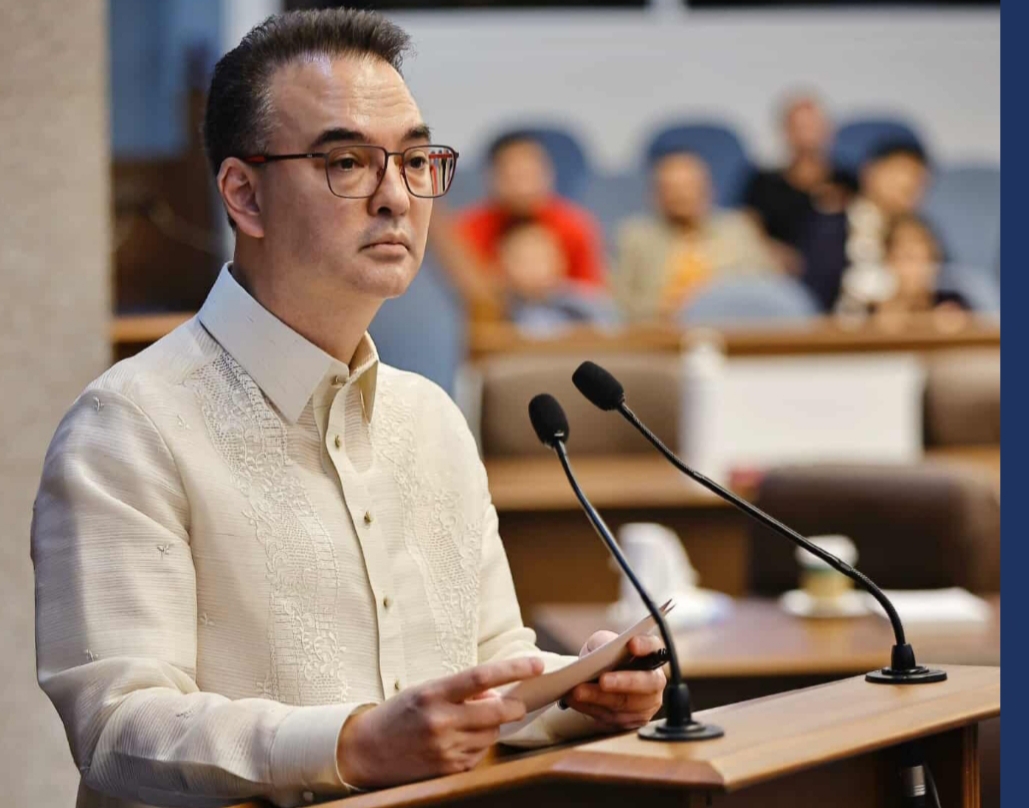PASAY CITY — Senate Minority Leader Alan Peter Cayetano on Tuesday said building more community-based health facilities is one way to address the worsening congestion in public hospitals, after the Department of Health (DOH) admitted that hospitals nationwide are operating far beyond capacity.
During the organizational meeting of the Senate Committee on Health and Demography on September 23, DOH officials revealed that government hospitals are running at 136 percent occupancy, with an authorized bed capacity of more than 118,000 but only around 28,000 actually in use, leaving a shortage of about 90,000 beds.
Cayetano said many patients are forced to seek hospital care for minor illnesses and preventive services that could otherwise be managed at the community level.
“It can help ease the burden on patients who would otherwise need to travel to distant hospitals for basic treatments or consultations,” he said.
The senator is pushing his Super Health Centers in All Cities and Municipalities Act (SB 420), which mandates at least one 24/7 facility in every city and municipality to provide outpatient services, stock essential medicines and vaccines, and deliver preventive care.
He is also batting for his Health Centers in All Barangays Act (SB 421), which requires every barangay to establish its own health center within three years, noting that only 26,500 of the country’s 42,011 barangays have one, leaving more than 15,000 communities without basic healthcare.
“As the saying goes, prevention is better than cure. Chronic medical conditions can be prevented through accessible healthcare and early detection. This underscores the importance of investing in making primary healthcare accessible, available, and affordable,” he said.
Cayetano pointed to Taguig City’s three Super Health Centers, which operate round the clock, as proof that these models are viable.
“Taguig is proof that it works. Kung kaya sa Taguig, we should do it in all our cities and municipalities,” he said.
Both measures are among his top priority bills in the 20th Congress. ###







